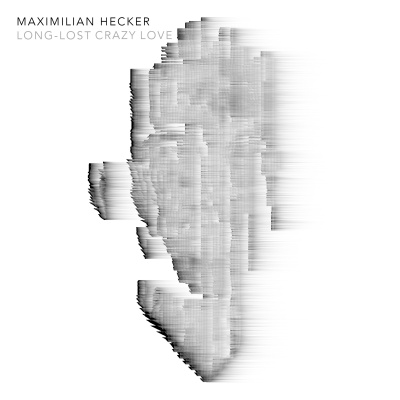
Long-lost Crazy Love
With "Lottewelt", Maximilian Hecker has already written a novel about his relationship with his severely disabled sister who died early. LONG-LOST CRAZY LOVE now is the song with which the Berlin musician pays homage to his everlasting long-lost great love; his "neverglow", as he calls his sister in the piano-driven love ballad, his sœur fatale as it were, who might even be the reason why Hecker creates what he creates, why he sings the way he does, and why he has become that hopeless and, in his consistency, almost autistic-seeming romantic – the Rilke insect ultimately, who for twenty years now poetises, crawls, whispers and moans at a high level. "She’s my demon … But she’s my angel, too. A scatterbrained butterfly … sitting on my shoulder and watching over me". With these words, taken from a dialogue in "Lottewelt", the musician and debut novelist describes his sister Liselotte – who in the book he portrays as a chimera, a hybrid creature of a femme fatale and a sister, as a "guardian angel child" and at the same time a "fallen angel child", as he thereupon sings in the chorus of LONG-LOST CRAZY LOVE. And once again, as in "The Whereabouts of Love" (2012), "Kastrup", (2015) and "Hennigsdorf" (2015), but also in the title track of his tenth studio album "Neverheart", the enigmatic falsetto singer takes up the theme of isolation, of withdrawal from society, of neverheartedness. Maximilian Hecker was supported in the sound implementation of this very neverheartedness by his congenial partners Johannes Feige (production) and Peter "Jem" Seifert (mix) – the former already the producer of Hecker’s albums "Spellbound Scenes of My Cure" (2015) and "Wretched Love Songs" (2018), the latter collaborator and producer of renowned German acts like Udo Lindenberg, Andreas Bourani and Ich + Ich – who gave LONG-LOST CRAZY LOVE its oppressive breadth and defined elusiveness, and countered the wretchedness of the song's lyrical content with a sound that could rightly be called "larger-than-low-life".
